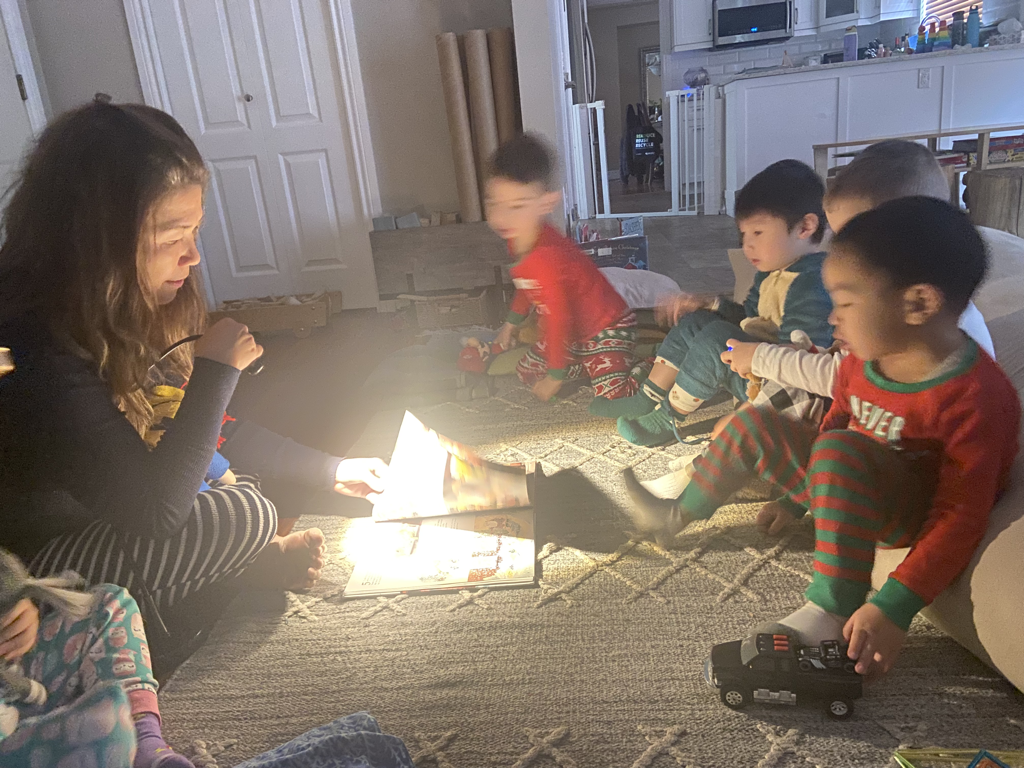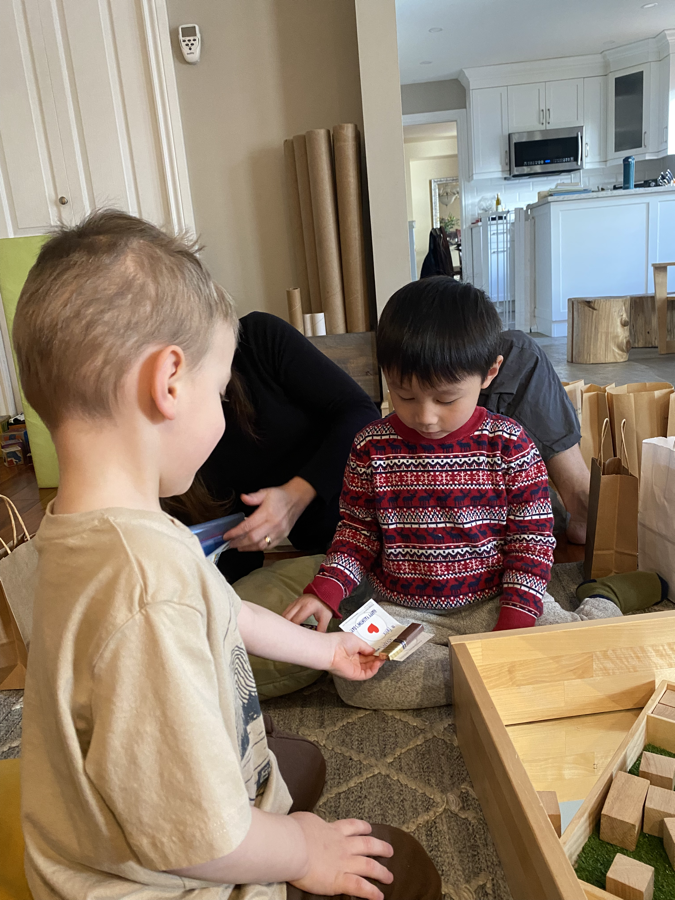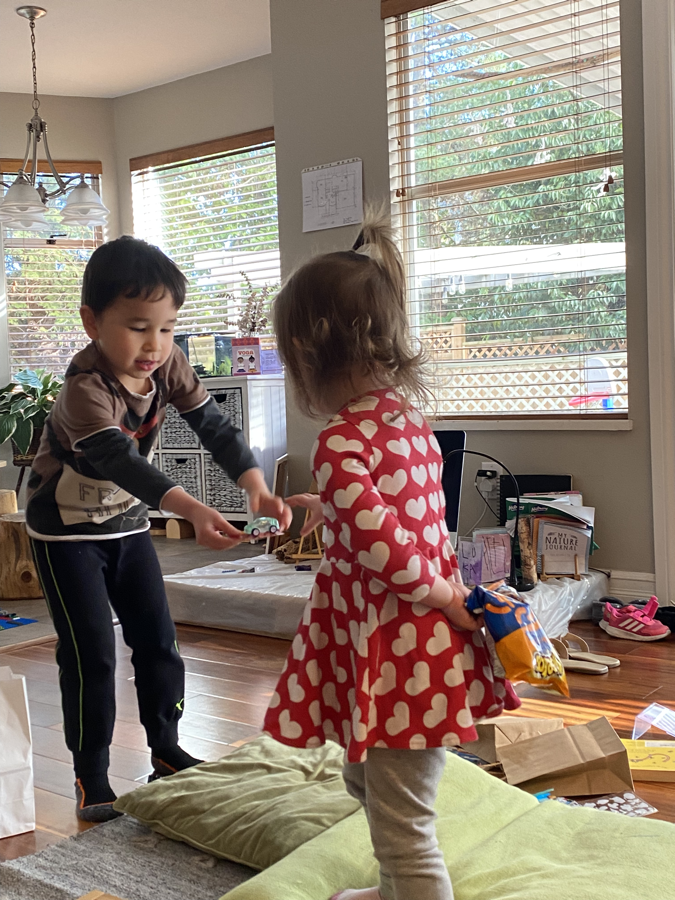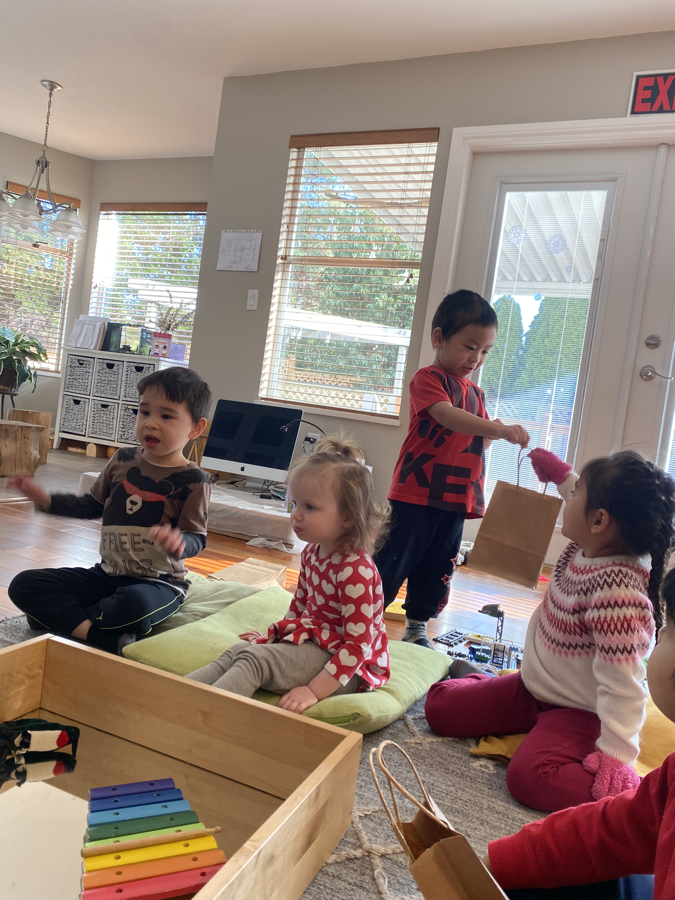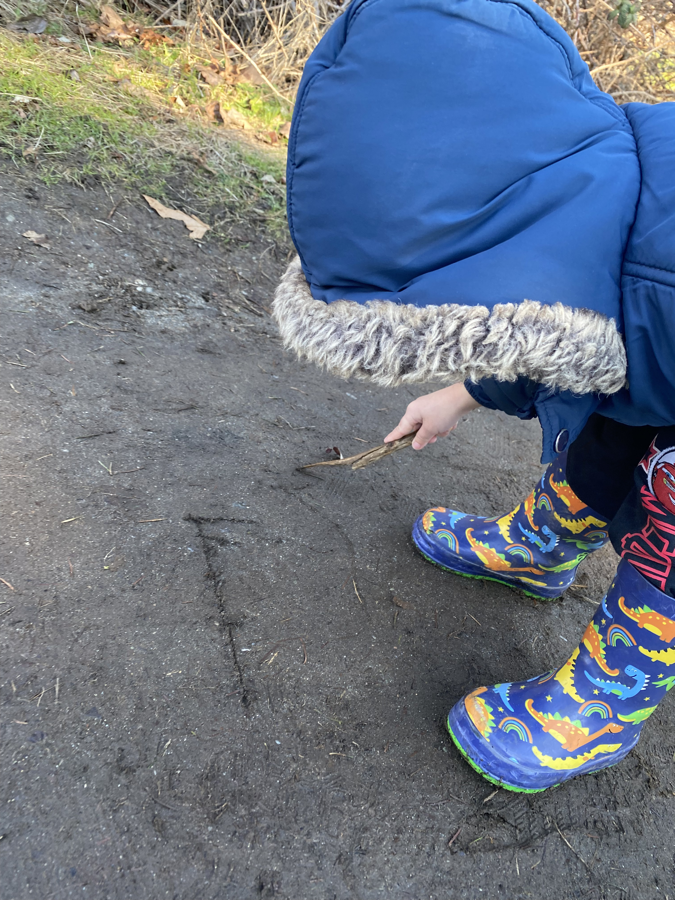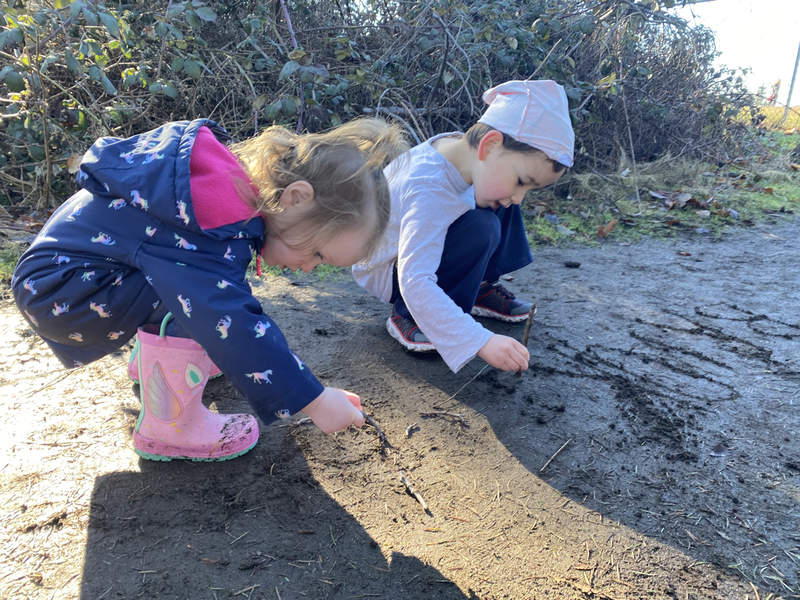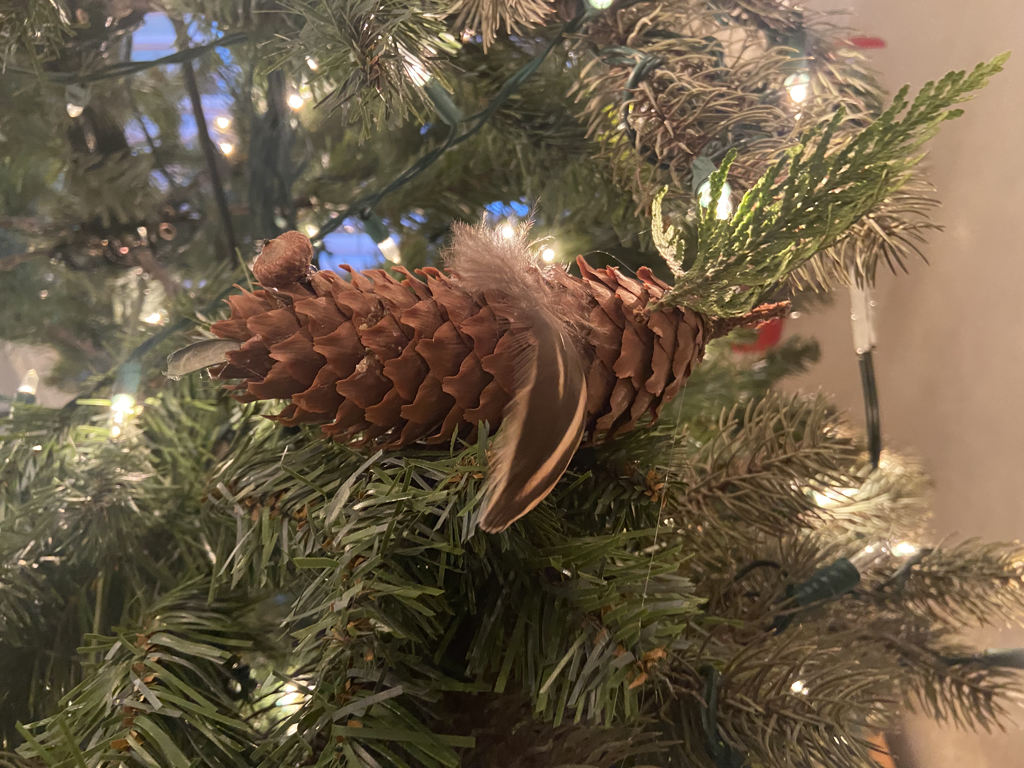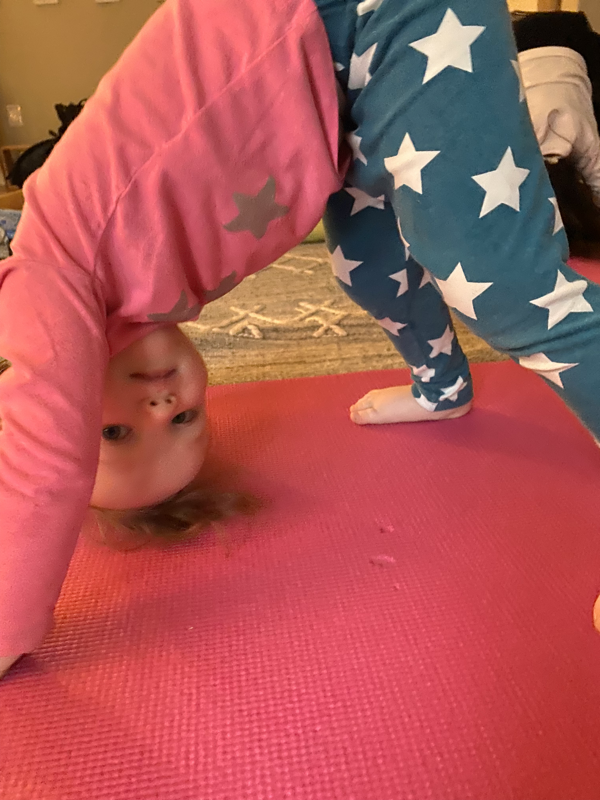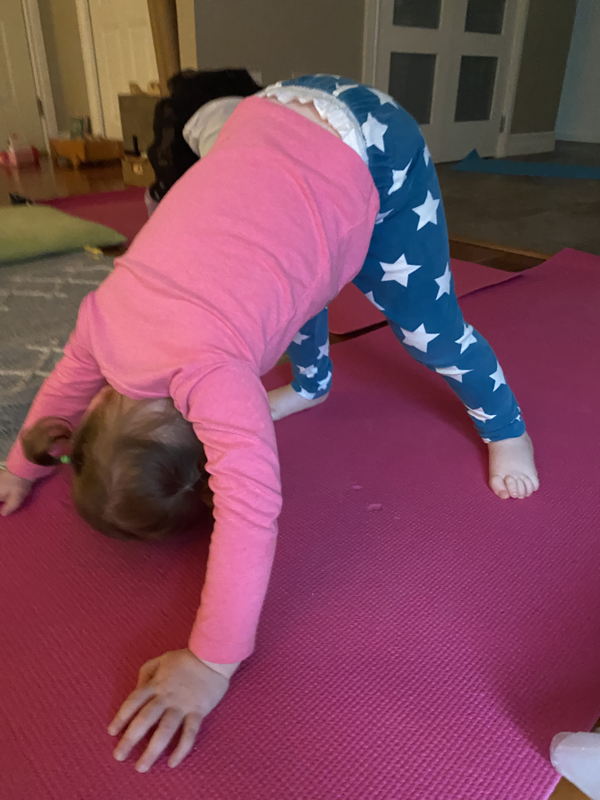|
Imagination is an essential aspect of our childhood. One day we transform ourselves to be a dinosaur, another day to be a bird. There is no limit to spark our creativity. Many forms of imaginative play is crucial for us to role-play as other characters. As we practice what it is like to be someone different, we begin to develop empathy. We experience other people's daily lives and challenges. In turn, we build an understanding of other's feelings. As all of us seem excited for Christmas, we take some time to think together about giving something to someone on Christmas. Our focus is to together learn about the meaning of giving. Indirectly, this festive season may encourage us to practically learn about empathy and share compassion with others. As one of the many ways, we bring in a movie day to facilitate imagination. The Polar Express explores more than Christmas spirit but also taps into the power of belief. The movie is an inspiring adventure based on the beloved children’s book by Chris Van Allsburg. When a doubting young boy takes an extraordinary ride to the North Pole, he embarks on a journey of self- discovery that shows him that the wonder of life never fades for those who believe. In other words, it takes us on a dream-like experience that becomes possible only when we truly believe. There is a connection between all of the characters in the movie, and Hero Boy character can potentially grow up to be like any of them. If he continues to be doubtful, he'll end up like the ones who can't hear the sound of the sleigh bell at the end of the movie. For those who do not believe, it could be perceived as a dream or an imaginary experience. For those who do believe, it is real. Like many things in this world, the Polar Express is only as real as someone believes it to be. We include possible scenarios to be part of our movie theatre experience such as ticket booth and concession stand (with popcorn) key areas. The tickets contain writing our names and values as part of learning literacy and math. This learning of writing is in line with our consistent practice of reading. That's because the processes of reading and writing are undeniably connected. Going further with our inquiry, we connect our shared interest toward birds with this Christmas festive. Nora and Lukah creatively construct natural materials as bird ornaments for the Christmas tree. Together we draw plans and make wings from sticks, yarn, seeds, lovingly piece together with glue. string, and imagination. Nora constructs a sparrow and Lukah makes an owl for the Christmas tree. We find a connection of the book Bowerbird as a provocation to our learning experience. We learn how hard the bird works, as he makes the perfect nest completed with a pretty purple flower. However, at the end he feels hurt because he cannot impress anyone and no one appreciates the efforts. Fides mentions this is not okay, he got upset. We extend by asking why is not okay? Brooks answers because no one is clapping. As we are counting down the days for our Christmas celebration, together with our on-going interest of birds, we come up with a few ideas to better understand and make meaning of it. We are intrigued by the notion of flying. Add to that the beauty of birds' feathers and songs, and learning about birds is sure to capture the interest and imagination of ours. The study of birds through play is one of our many ways to incorporate the practical and informational element of science, along with the pretend aspects related to our feathered friends. With a background of soft music with bird calls, we challenge ourselves to move like birds: waddle, hop, jump, flutter, flap, and fly. And all of us are looking forward to creating or composing a variety of movement to listen and pay attention to rhythmic and melodic elements of music. Kindest,
Children & Friends.
0 Comments
Leave a Reply. |
No part of this publication may be reproduced, distributed, or transmitted in any form or by any means, including photocopying, recording or any other electronic or mechanical methods, without the prior written permission of the publisher.
Archives
July 2024
|
